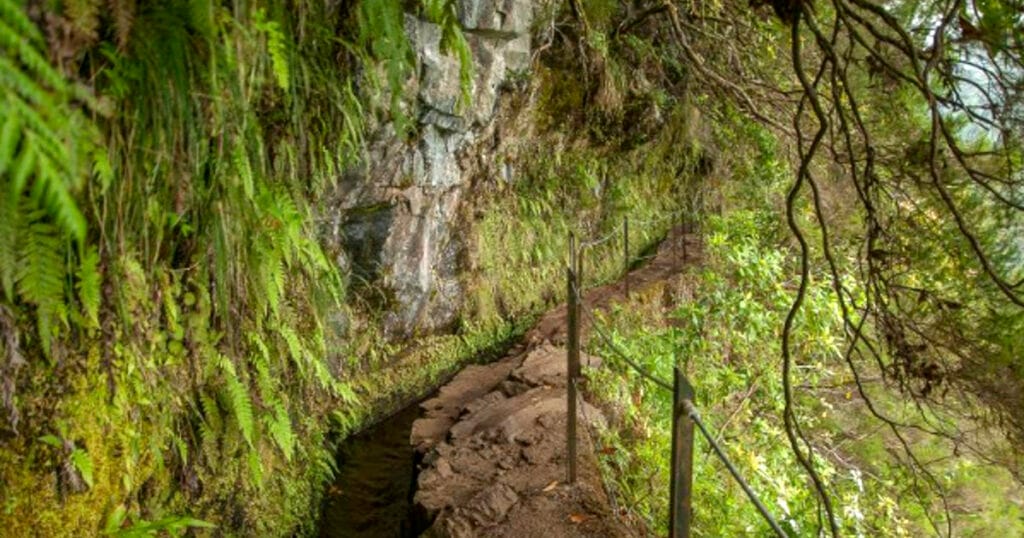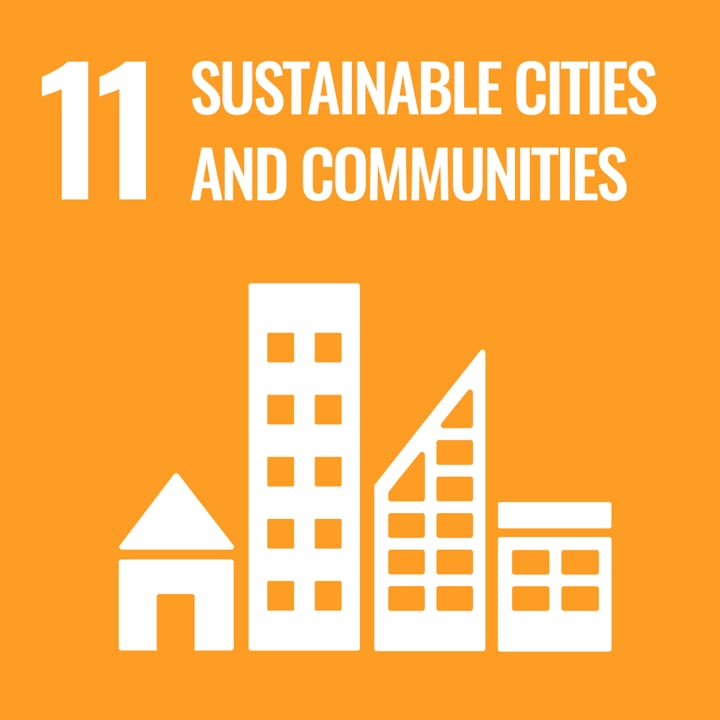
Vorgesehener Endnutzer: Lehrer, Lehrerausbilder
Altersgruppe: Obere Primarstufe; Untere Sekundarstufe; Obere Sekundarstufe
Lehrplan der Schule: Science; Social, Physical & Health Education; Social & Environment Science; Languages; Arts
Themen und Fragestellungen: Behaviour & Lifestyle; Collective Action; Power & Influence; Information & Knowledge; Citizenship; Pedagogy Approaches
Dauer: From 2 to 4 months
Art der Ressource: Guidelines & Notes, Project
Schlüsselwörter: Science trail, interdisciplinarity, collaboration, student-centred, field trip, open schooling
Sprachen: Englisch
Beschreibung
Science Trails are educational activities where students design physical paths with various stations or stops that raise awareness about topics relevant to their community. These trails provide an engaging way for students to learn and apply knowledge from different school subjects in a real-world context.
The process begins with students selecting the topics they wish to address, based on their community’s needs. Teachers guide the students through this process, helping them identify impactful subjects. Once chosen, students research their surroundings and engage with key stakeholders such as local experts, community leaders, and residents, ensuring the content resonates with the community’s characteristics.
Next, students co-create the stations along the trail, using interactive approaches to engage visitors. Each station highlights specific aspects of the topics, employing activities, experiments, and multimedia presentations. Throughout this process, students take the lead, with teachers providing guidance. This approach fosters ownership, critical thinking, problem-solving, and communication skills.
Finally, the Science Trail is presented to the public, offering students a chance to showcase their work and share insights. This public presentation raises awareness about important local and global issues and celebrates students’ achievements.
Science Trails integrate multiple school subjects, promote community engagement, and provide students with a meaningful, hands-on learning experience. By leading each step, students gain valuable skills and a deeper understanding of the world around them, making a positive impact on their community.
Wie Sie diese Ressource nutzen können
To use this activity resource, simply follow the step-by-step guide on the PDF to help students design physical paths with interactive stations that highlight community-relevant topics. The PDF outlines the entire process, from topic selection to public presentation, providing a structured methodology for integrating school subjects, engaging stakeholders, and creating impactful learning experiences.
Die Ressourcen
Creating a Science Trail PDF:
This activity is adapted from the online resource, created by the project iDiverse:
In this page, you’ll find the original PDF, that can be downloaded.
At the School of the future/Open Schools for Open Societies Portal you can find the “IDiverSE – Creating Science Trails” accelerator“.
Lernergebnisse (Lehrkräfte)
- Abfrage des Vorwissens und Weiterentwicklung von Wissen und Verständnis von Schlüsselkonzepten der nachhaltigen Bürgerschaft, wobei etablierte Weltanschauungen und Werte in Frage gestellt werden.
- Anwendung einer Reihe von geeigneten Instrumenten und Rahmenwerken zur Förderung des bürgerschaftlichen Engagements von Studierenden im Bereich Nachhaltigkeit
- Reflektieren Sie die Praxis und untersuchen Sie die nationalen Lehrpläne, um Möglichkeiten zur Förderung der nachhaltigen Bürgerschaft auf interdisziplinäre Weise zu identifizieren und mit externen Interessengruppen in Kontakt zu treten.
- das Wissen, die Instrumente und den Rahmen gemeinsam zu synthetisieren, um Bildungsmaterialien und Unterrichtspläne zu erstellen, die an ihren eigenen lokalen Kontext angepasst sind
- Durch Workshop-Aktivitäten und Praxisgemeinschaften werden Kapazitäten und Handlungskompetenzen von Lehrkräften und Führungskräften im Bereich Sustainability Citizenship aufgebaut.
Grüne Kompetenzen
- Nachhaltige Werte verkörpern: Förderung der Natur
- Komplexität in der Nachhaltigkeit berücksichtigen: Kritisches Denken; Problembeschreibung
- Visionen für eine nachhaltige Zukunft: Forschendes Denken
- Handeln für Nachhaltigkeit: Kollektives Handeln
Creative Commons

This resource is adapted from the PDF published by the projects iDiverse und OSOS , which has this CC.
SDGs




